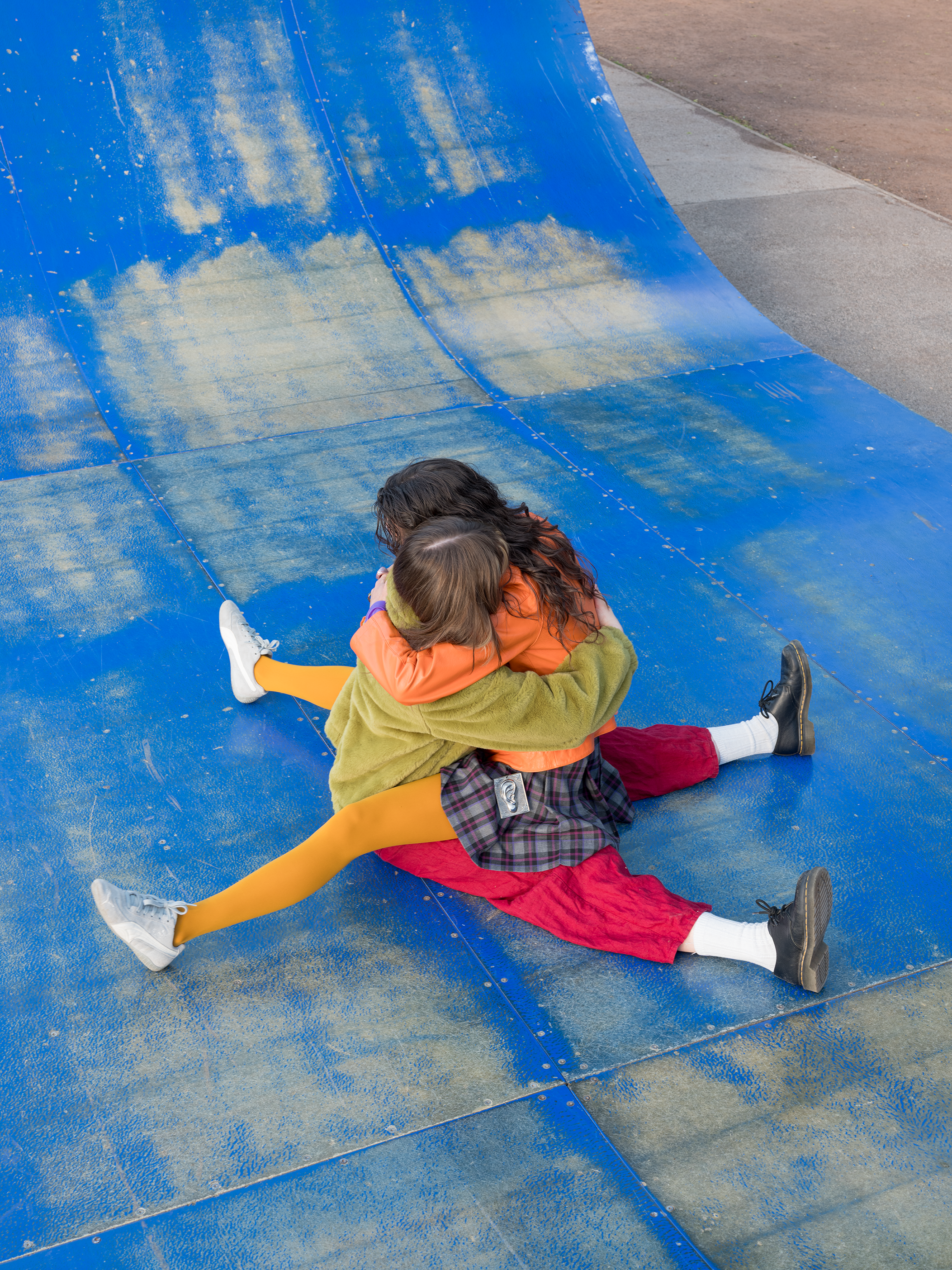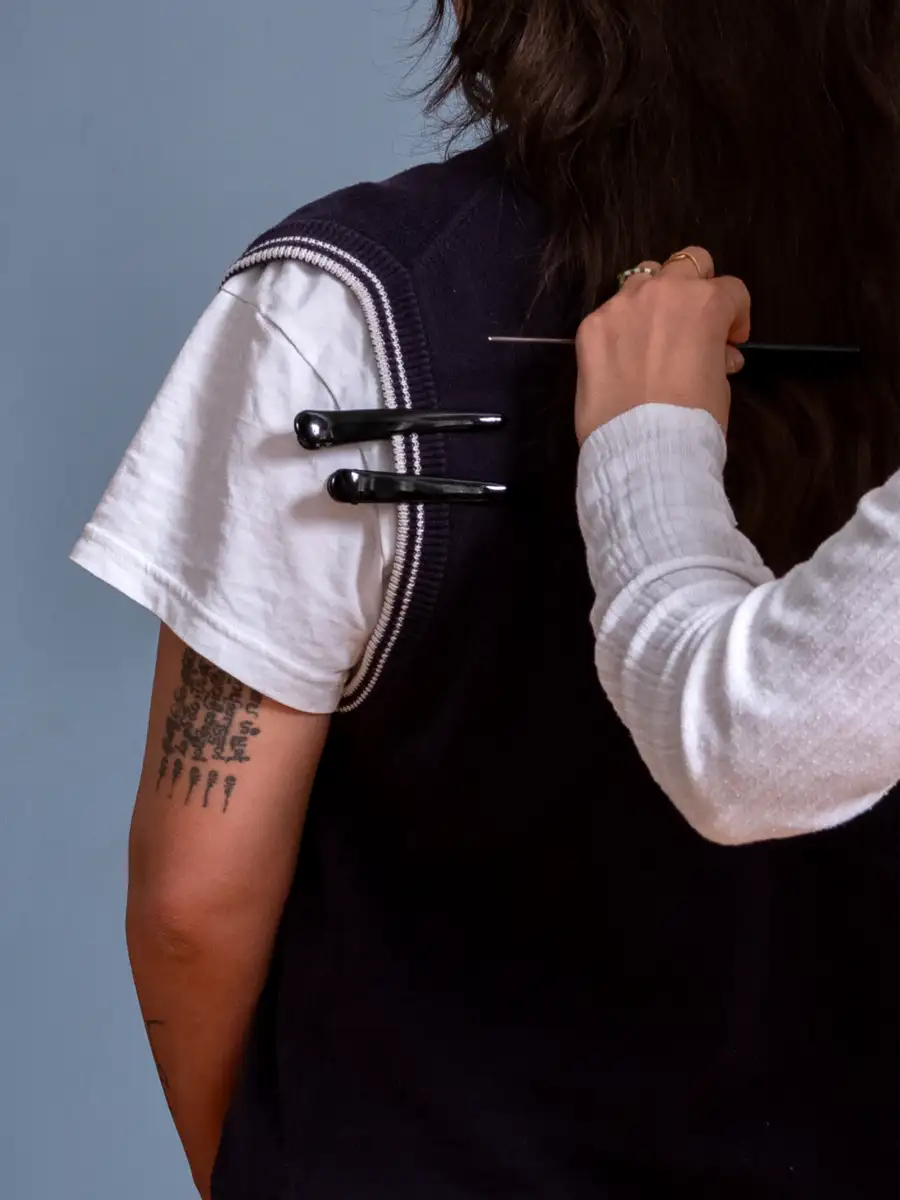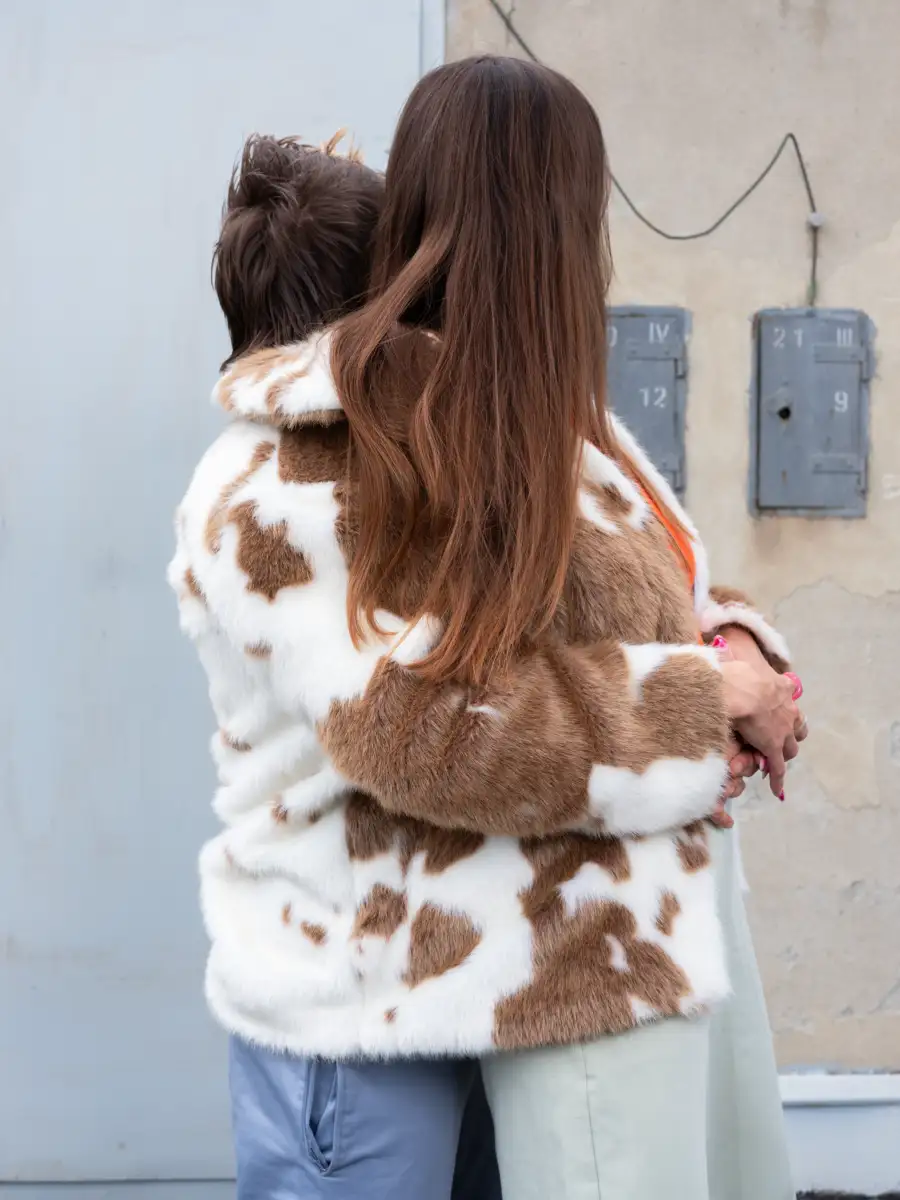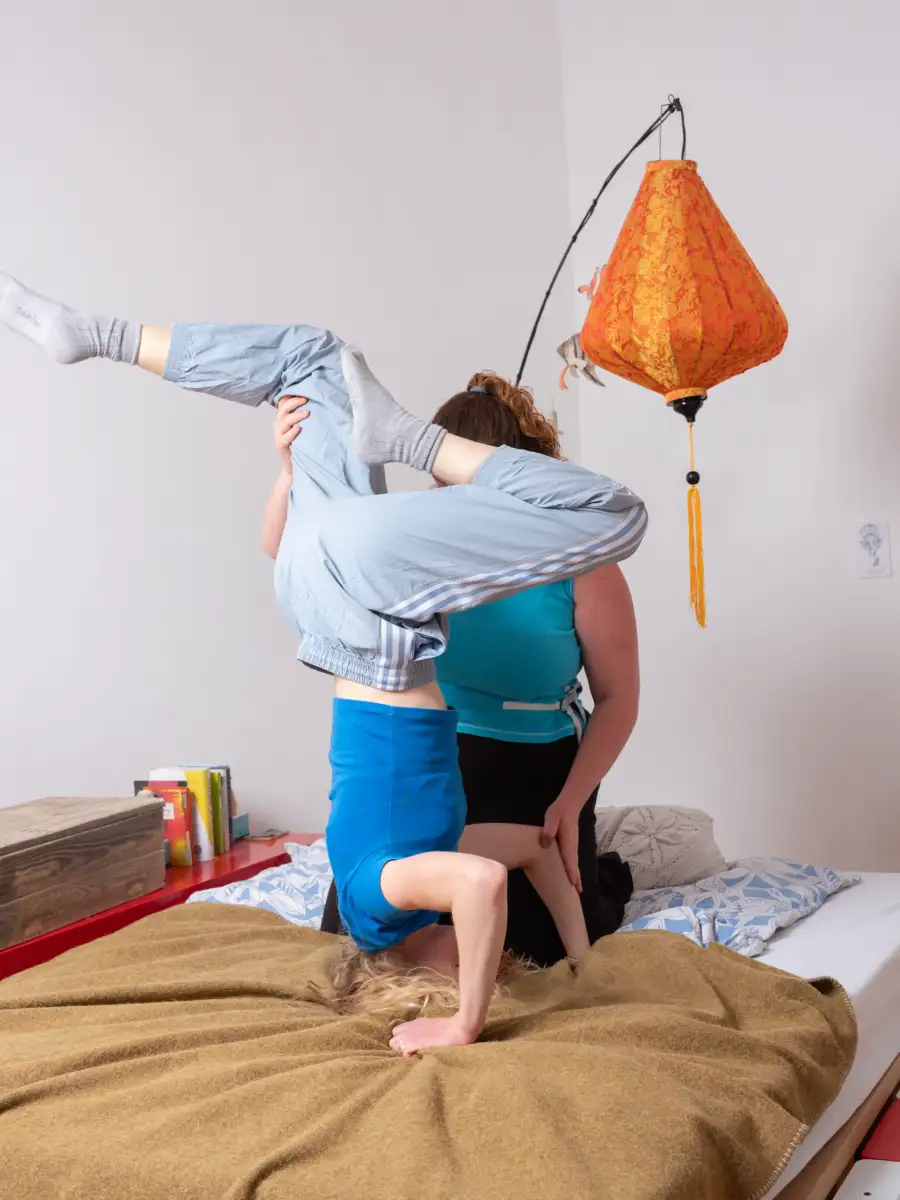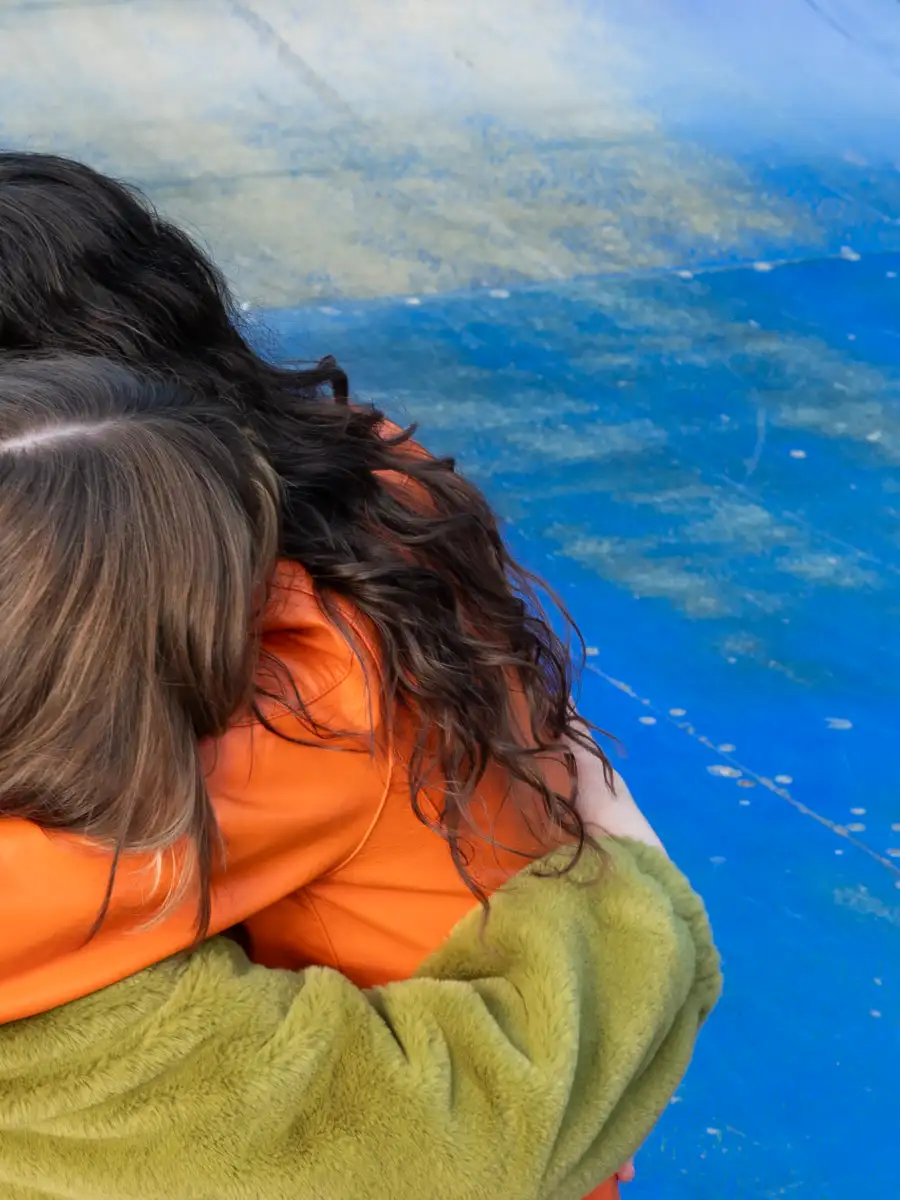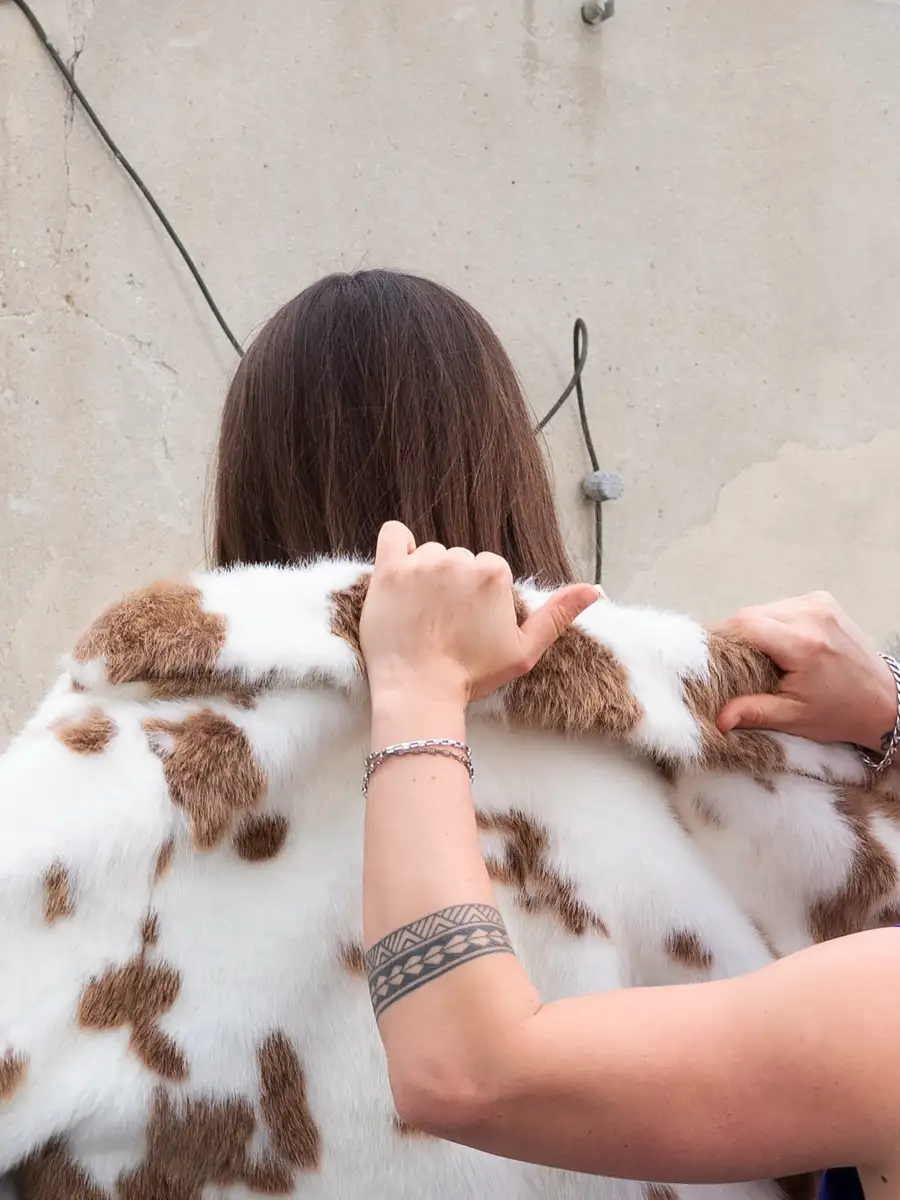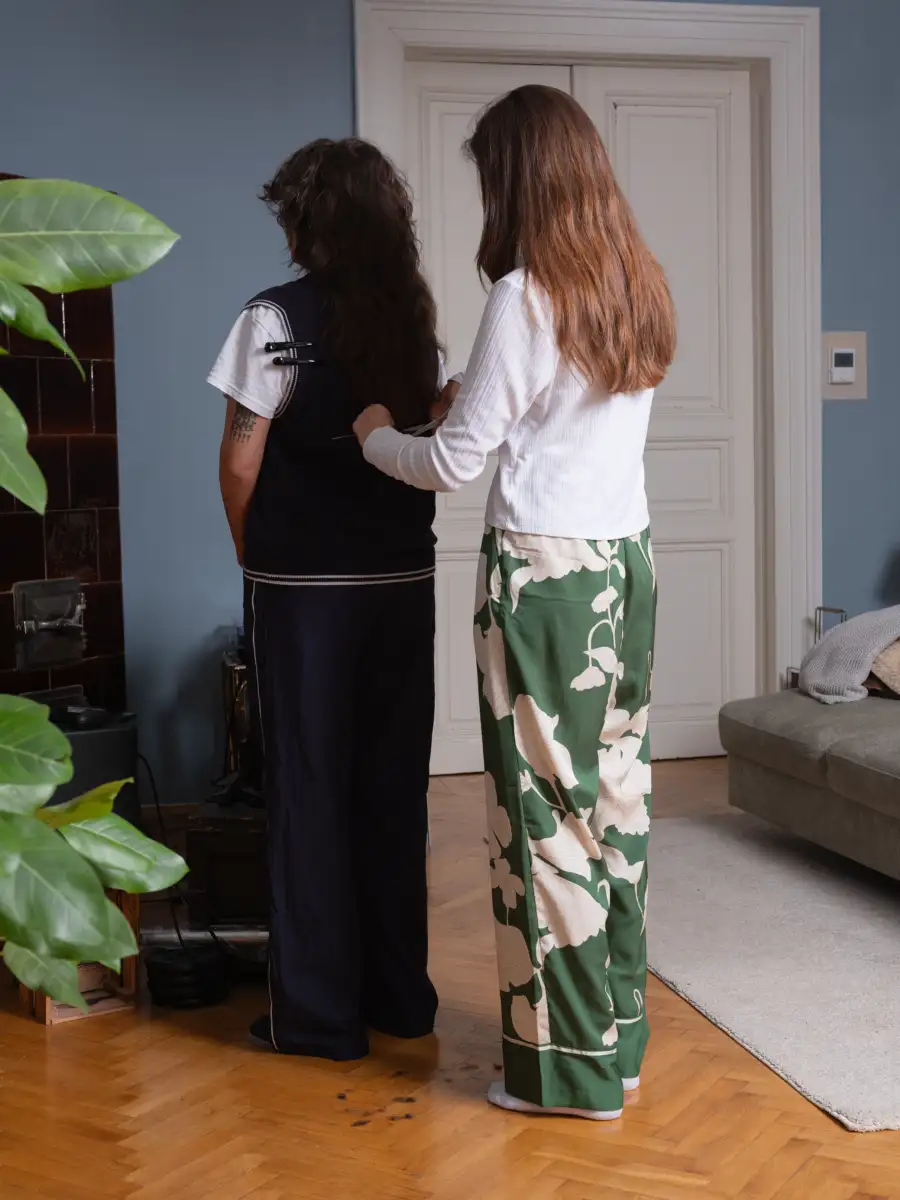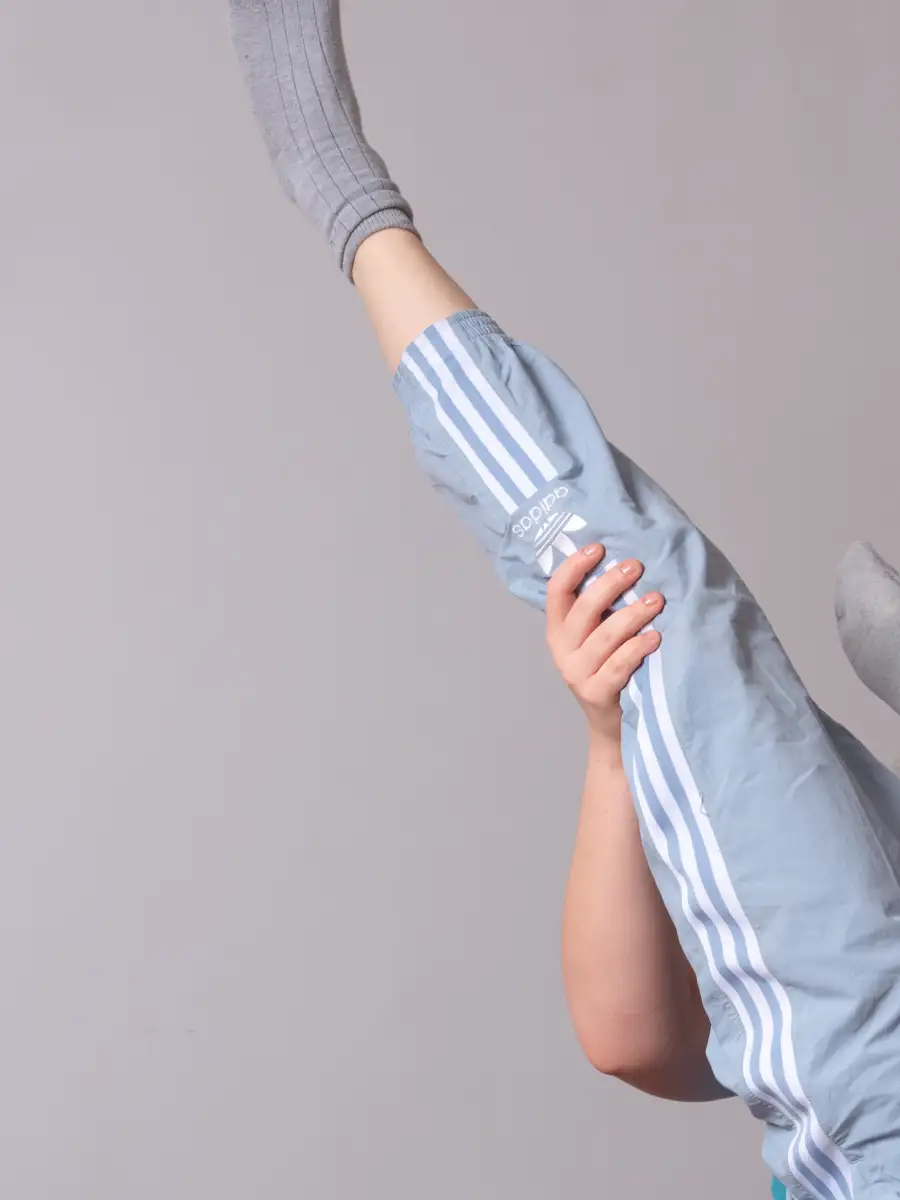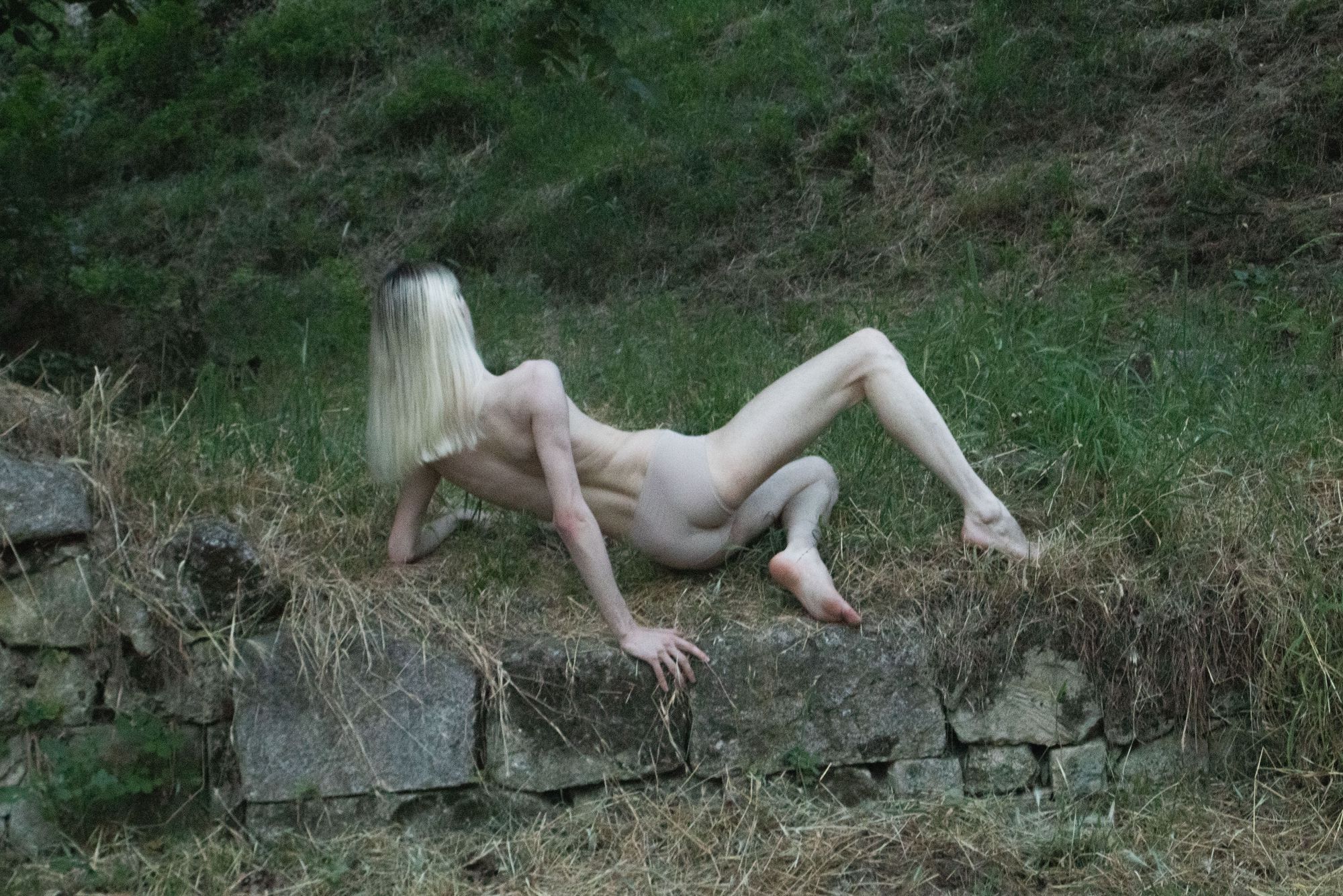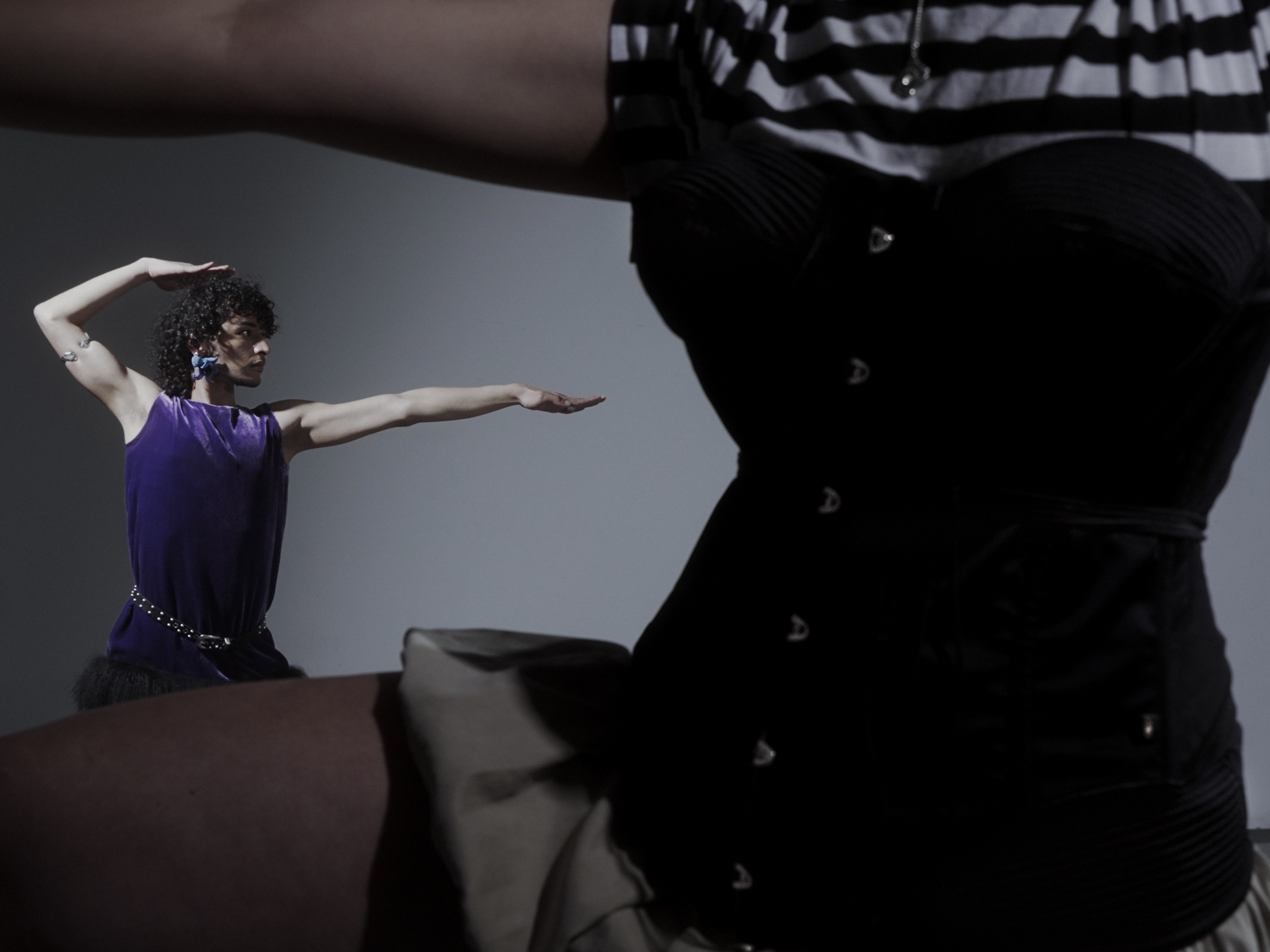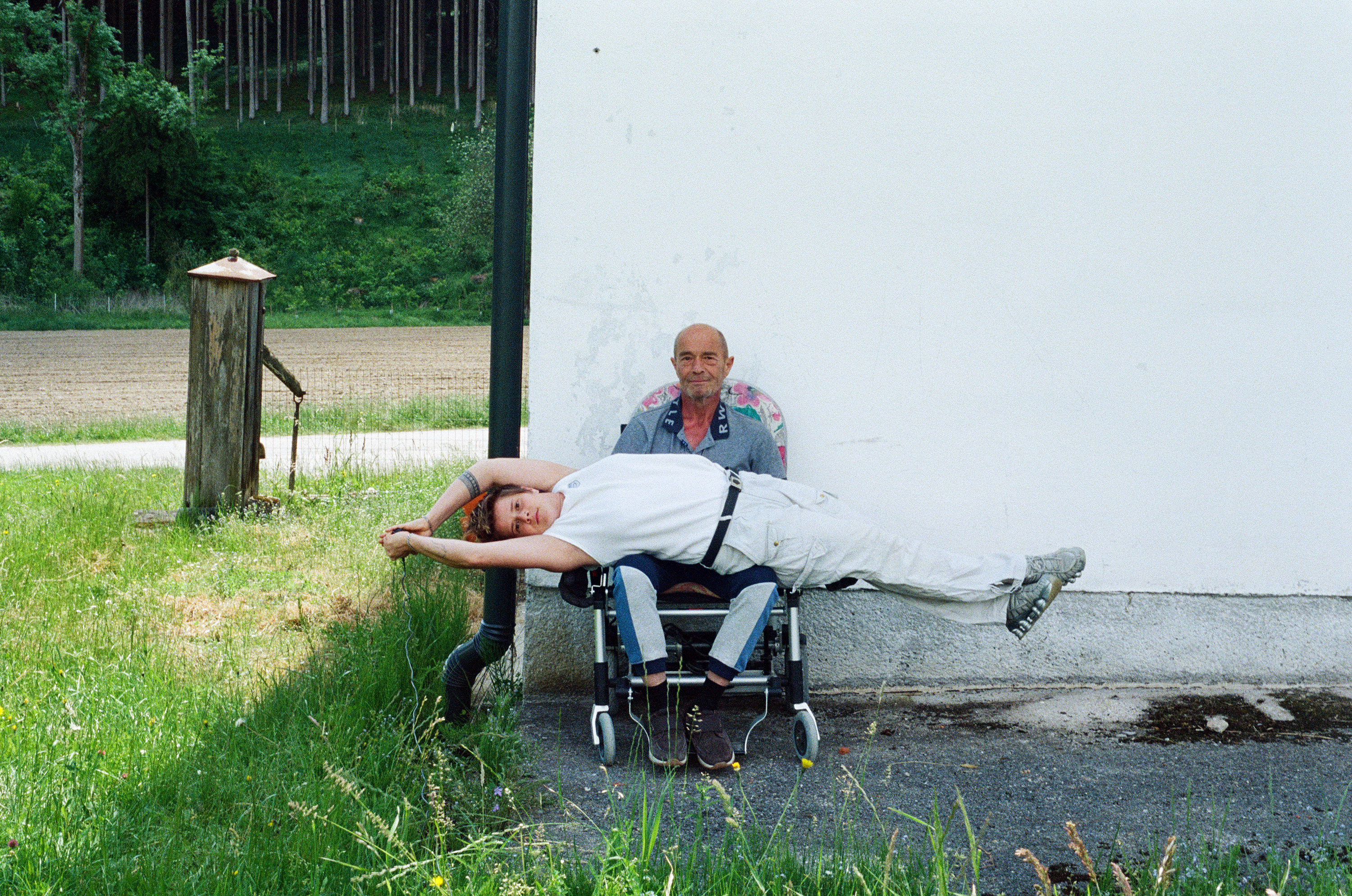A project on the theme of M(OTHER)ING, realized in collaboration with the Applied Photography and Time-Based Media class led by Prof. Maria Ziegelböck at the University of Applied Arts Vienna. Created as part of Yasmina Haddad's MATCH! #4 course.
The interrelationship between photography, fashion, and casting is examined, with a focus on the relationship between photographer and subject—and vice versa. The mother figure is not meant biologically, but is considered through acts of care:
m(other)ing is a verb.
mothers mother
fathers mother
friends mother
(you can be the mother of a house)
Are you maternal? Or are you mom? Like, queen?*
Jasmin Biber (1995) is a photographer and visual artist currently studying photography and time-based media at the University of Applied Arts Vienna. In her artistic practice, she addresses social issues and creates images that visualize the universal experiences of belonging, identity, and social relationships. She explores questions of social class, transgenerational trauma, and care work—often drawing on personal experiences and biographical moments. Her work understands these issues as collective, structural challenges and invites us to reflect on them as shared experiences.
To my loving and supportive friends, in front of and behind the camera.
Thanks to Jette D. and Marie R. for their help with the text editing.
Models: Vanessa Z. with Dalmonia R., Lea M. with Hanna, Charlotte L. with Paulina S., Francis with Maria
